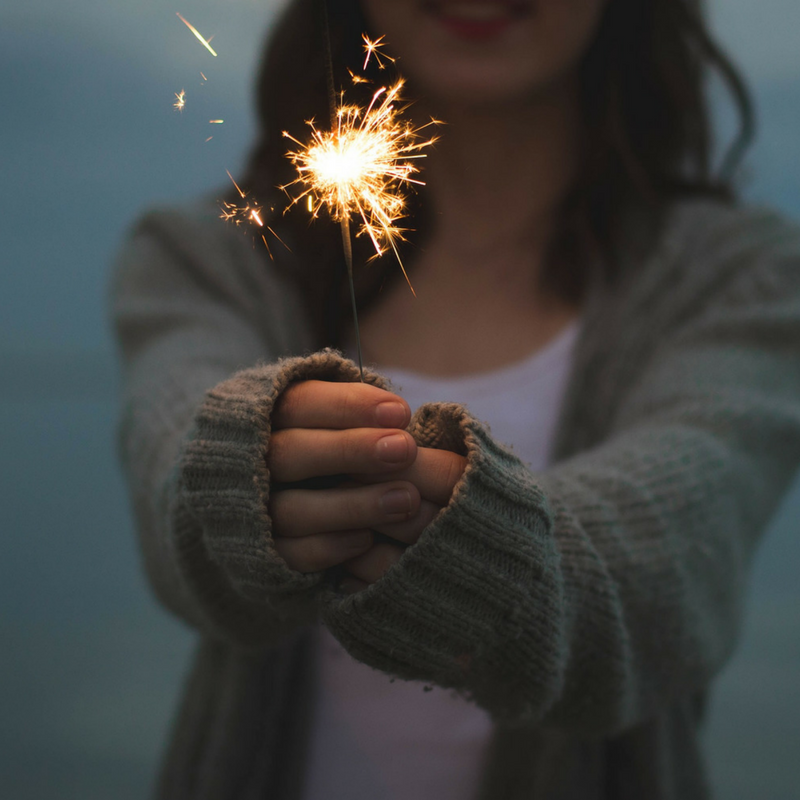Showing up for Racial Justice, a Kerry Naughton piece
When I was 13, I received one of the most important lessons of my life.
My brother was 19 and home for the summer from college. I absolutely adore my big brother–I did then and I do to this day. But when he was 19, he wasn’t necessarily making the smartest decisions. Knowing what we do about brain development, it wasn’t totally his fault. His prefrontal cortex wasn’t fully functional yet and, well, he was making some decisions that reflected that the logical part of his brain wasn’t fully engaged.
My brother was out drinking with friends one night and forgot to bring the key to our house with him. It was late and he didn’t want to ring the doorbell and wake our parents (and then get in trouble for being drunk). So he decided to break into the house. One of the kitchen windows was slightly open and my brother thought he would be able to shimmy it open more. But the window was higher than he could reach, so he found something to stand on so he could reach higher: a plastic bucket.
Unfortunately, only part of the window was located over solid ground. The rest was over a flight of outdoor concrete stairs leading down to the basement. My brother was standing on a plastic bucket, leaning over concrete stairs, trying to push open a window.
He fell down the stairs. Headfirst. And broke the bones around one of his eyes.
He of course then rang the doorbell, bruised and bleeding, and was rushed to the hospital. The doctors put metal plates around his eye to fuse the bones together again. My brother is fine now, but for a while we didn’t know if he’d retain the vision in that eye. It was a time of incredible pain for my brother and incredible stress for my family.
When my brother came home from the hospital, we invited the girl he was dating over for dinner. She had been at the beach with friends the previous weekend and got a bad sunburn. We were all seated around the large circular table in our kitchen: my brother at one end, heavily medicated, barely able to keep his head up, in pain and wondering if he’ll be able to see out of one eye. His girlfriend was at the table, too: complaining non-stop about her sunburn.
My family didn’t have room to hold her pain. It was hard for us to wrap our minds around her inability to see that we were dealing with something much more serious than she was. Yes, her sunburn was bad and deserved care and attention. Just not from us. We didn’t have the capacity to give her what she needed. Especially since she wasn’t showing up for what my brother was going through.
This experience stuck with me. I think of it a lot, especially when I, as a white woman, show up for racial justice and liberation, which is central to our work to end child sexual abuse and helping survivors live fully.
The sexual abuse I experienced as a child caused pain that has impacted many parts of my life and my family member’s lives. This pain deserves care and attention.
And my pain does not supersede the experiences of survivors of color. It is essential for me to have an awareness of the many forms of oppression that people of color experience–oppression that has come at the hands of people who look like me and that structurally benefit me and other people who look like me. As a white person, I have an opportunity to listen to people of color with an open mind and open heart. It is always an honor to strive to be a safe, trustworthy person, whose intention is to get to know someone as fully as they want to share. It is my responsibility to focus on supporting and loving a person whose face has been bashed in, instead of focusing on my sunburn.
I don’t always do this well. I always strive to do this better than before. And I always welcome feedback when my pain is blinding me to someone else’s.
